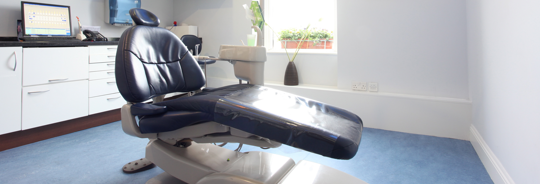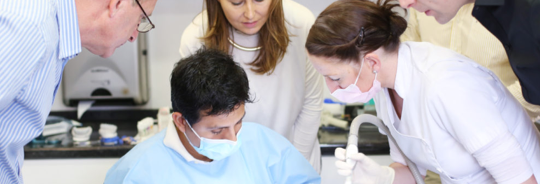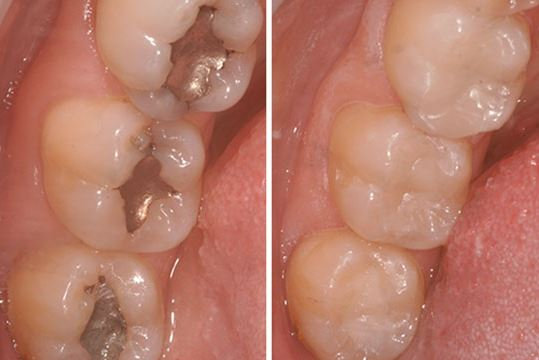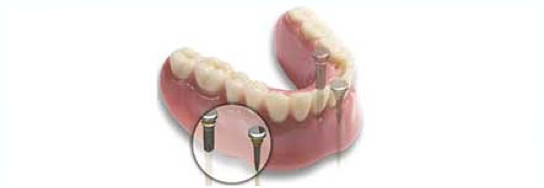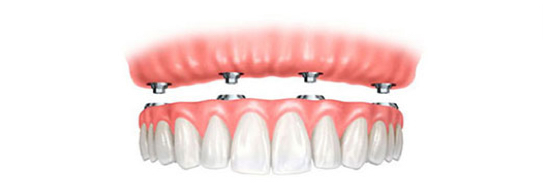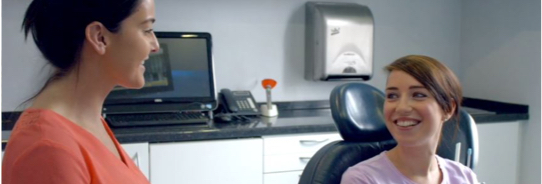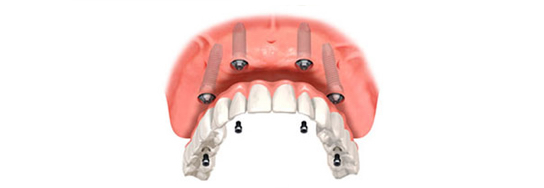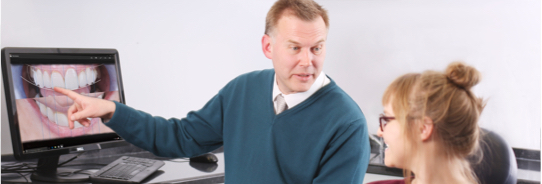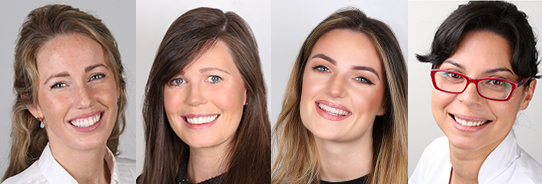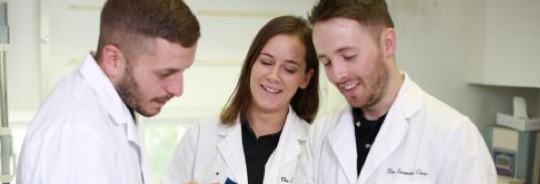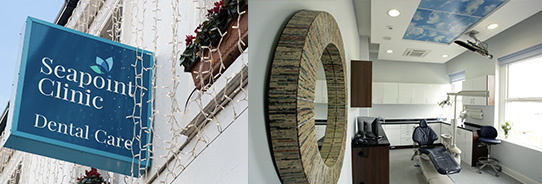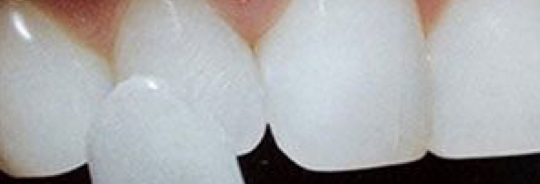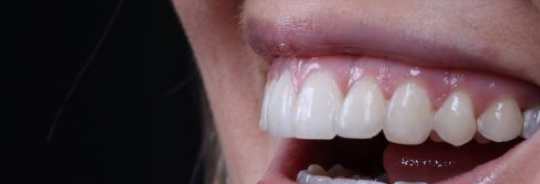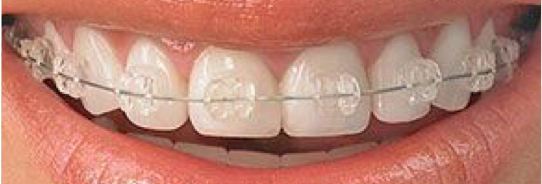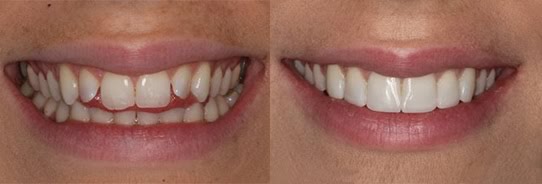
Blog
We post all the latest information here regularly so it's always up to date for you. If there is a topic you would like to have us cover please ask.
13 December 2022
What happens when you don’t brush your teeth

Did you know that not brushing your teeth can lead to cavities, gingivitis, tooth decay and even gum disease? After reading this article, you'll understand how important it is to brush your teeth regularly.
The Advantages of Brushing Your Teeth
When it comes to your oral hygiene, brushing your teeth is one of the most important things that you can do. Not only does brushing help to remove plaque and bacteria from your teeth, but it also helps to prevent cavities and gum disease. Here are some of the advantages of brushing your teeth:
- Brushing helps to remove plaque and bacteria from your teeth. Plaque is a sticky film that forms on your teeth and contains bacteria. If plaque is not removed, it can harden and turn into tartar, which can cause cavities and gum disease.
- Brushing helps to prevent cavities. Cavities are holes in your teeth that are caused by tooth decay. Tooth decay occurs when plaque and bacteria eat away at the enamel, or outer layer, of your teeth. Cavities can be painful and may require treatment by a dentist.
- Brushing helps to prevent gum disease. Gum disease is an infection of the gums that can lead to tooth loss. Gum disease is caused by plaque and bacteria buildup around the gum line. Symptoms of gum disease include red, swollen, or bleeding gums.
- Brushing gives you fresh breath. When you brush your teeth, you remove food particles and bacteria from your mouth, which can cause bad breath.
- Brushing helps to keep your teeth looking their best. Regular brushing removes stains and discoloration from your teeth, keeping them looking white and healthy.
The Disadvantages of Not Brushing Your Teeth
When you don't brush your teeth, the plaque and bacteria in your mouth begin to break down your tooth enamel. This can lead to cavities, gum disease, and bad breath. Additionally, not brushing your teeth can also cause staining and discoloration of your teeth.
What Happens?
If you don't brush your teeth, plaque and bacteria will build up on your teeth and gums. This can lead to gum disease, tooth decay, and bad breath. Plaque is a sticky film of food debris, bacteria, and saliva. If it isn't removed, it hardens into tartar. Tartar can only be removed by a dentist or dental hygienist.
Bacteria cause tooth decay by producing acids that eat away at the enamel on your teeth. Tooth decay starts out as white spots on the teeth and can eventually lead to cavities. Cavities are permanent damage to the teeth that can only be fixed by a dentist.
Gum disease is an infection of the gums that can cause redness, swelling, and bleeding. If it isn’t treated, it can lead to tooth loss.
Bad breath is caused by the bacteria in plaque and tartar. The best way to prevent bad breath is to brush and floss regularly.
The Importance of the Dental Hygienist
Nobody is perfect... Even the best oral hygiene techniques at home can leave some spots of tartar around the gum-line. Luckily the hygienist can remove tartar from even the trickiest of areas helping you keep your teeth for longer.


